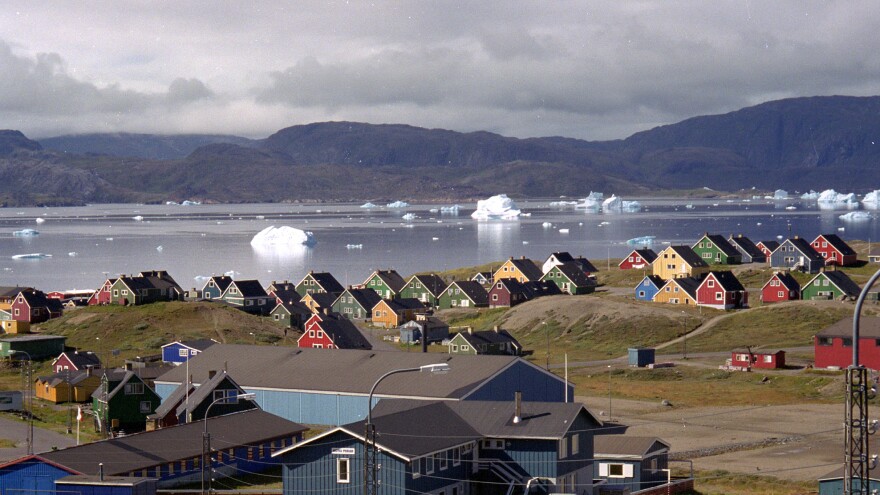Greenlanders are going to the polls on Tuesday in a crucial election that could determine whether the Arctic island taps its vast deposits of rare-earth minerals to fuel eventual independence from Denmark.
The parliamentary election in Greenland has attracted the attention of international companies eyeing its potentially lucrative reserves of substances such as neodymium, an element used to produce very small, very strong permanent magnets for everything from electric vehicles to wind turbines. A climate-change-induced melting of Greenland's ice cap has suddenly made it easier to access those deposits, which include other elements with such exotic names as cerium and lanthanum.
The promise of such reserves to create a game-changing boost to the economy of the island, with its population of just 56,000, has pitted pro-development Greenlanders against those who say the environment should come first.
The Siumut party, which favors self-determination but also maintaining close ties with Denmark, has dominated Greenland's legislature since the late 1970s. Currently, Greenland enjoys autonomy within the Kingdom of Denmark, which handles the island's foreign, monetary and defense policies.
In 2013, Siumut oversaw the repeal of a law that had banned the extraction of radioactive minerals such as uranium.
The overturning of the ban opened the door for the Kvanefjeld project, licensed to Australian-based Greenland Minerals, with Chinese-based Shenghe Resources as its largest shareholder. The project is described as involving one of the world's largest rare-earth deposits, which also includes uranium.
Tuesday's election was called after opponents of the mining project threatened the government with a vote of no confidence over Kvanefjeld.
Advocates of the project have pointed out that it could give Greenland a leg up economically, allowing it to speed up moves toward independence from Denmark, which polling indicates that a majority of the island's people favor as an ultimate goal.
Going into Tuesday's election, the social-democratic Siumut was trailing the Inuit Ataqatigiit, or "Community of the People" — a leftist party that favors independence but is also pro-environment.
While most Greenlanders see mining as key to independence, the open-pit Kvanefjeld project has proved contentious for people such as Aili Liimakka Laue, who moved last year to the southern town of Narsaq, where the Kvanefjeld project is located.
She says one side of Kuannersuit mountain, overlooking the town, is being ravaged by test drilling for the mine project. She moved to the town a year ago, but neighbors tell her that one of the slopes used to be the greenest around.
"Now that area is like all sand and just black," she says. "There's no green at all."
Laue opposes the Australian-backed mining company with its investors from China — calling it neocolonialism.
"It's the control of less-developed countries by developed countries through indirect means," she says. "It's going on all over the world."
Scott Neuman reported from Washington, D.C.; Sidsel Overgaard contributed reporting from Denmark.
Copyright 2021 NPR. To see more, visit https://www.npr.org.




